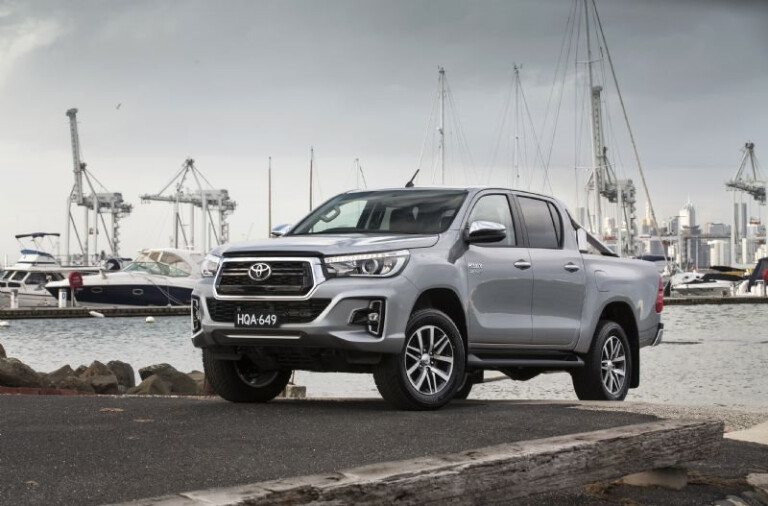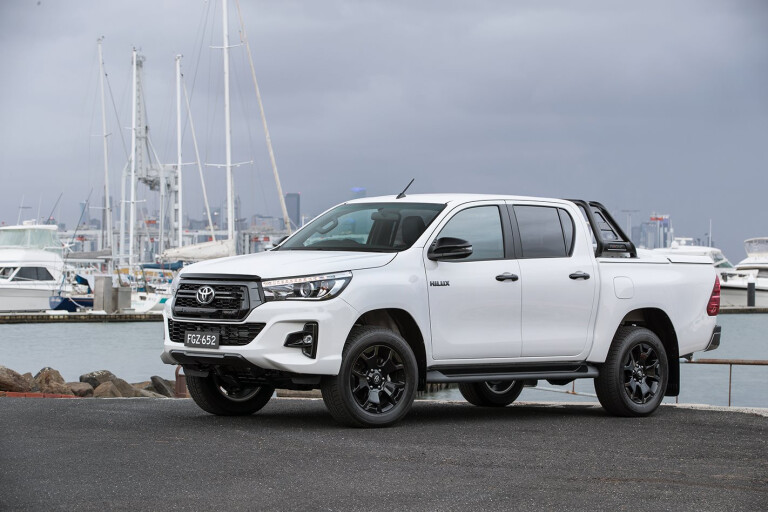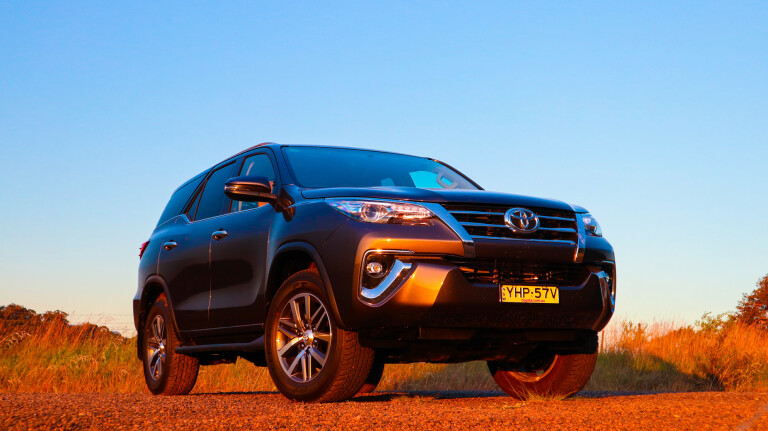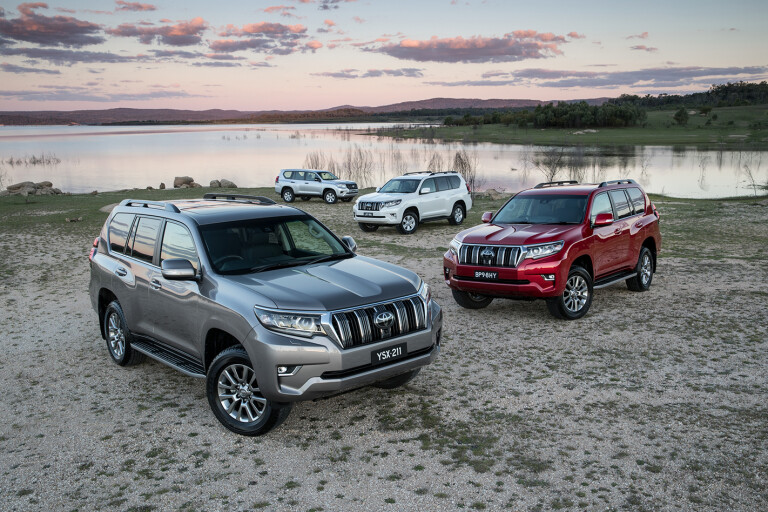
After months of speculation, Toyota has finally been hit with a class action that alleges that its most popular vehicles, including the Toyota HiLux, fail to meet acceptable quality levels under Australian consumer law. The number of vehicles involved could exceed 250,000.
The action, instigated by legal firm Bannister Law, alleges that Toyota’s most popular diesel engine – the 1GD-FTV 2.8-litre four-cylinder turbocharged diesel found in the HiLux, Prado and Fortuner – is fitted with a potentially poor quality diesel particulate filter (DPF) that is costing vehicle owners money.
The DPF is designed to collect soot and other particles from the exhaust process and burn them off when certain conditions are met. In most cases, the DPF burns up the collected contents –known as regenerating – and vents it to the atmosphere once a certain exhaust temperature and road speed have been reached.

However, if a DPF-equipped vehicle doesn’t reach those parameters (such as a car being used exclusively for suburban driving), then the filter can clog up and fail.
“This regeneration system fails, or has a propensity to fail, to prevent the DPF from becoming partially or completely blocked,” reads the action notice from Bannister Law. “This, in turn, causes the Affected Vehicles to experience a myriad of other issues, including decreased power, increased fuel consumption and the emission of excessive white smoke and diesel particulate matter into the atmosphere.”
Growing claims about the poor performance of the DPF system saw Toyota make a running change to 1GD-FTV-equipped vehicles from half-way through 2018, adding a manual override button to the HiLux, Prado and Fortuner to force the DPF to regenerate on demand.
It also issued a service notification in January this year – in lieu of a recall – calling for 1GD-FTD owners to visit a dealership for repairs. This process included updated engine software and inspection of the DPF.

Toyota Fortuner
WhichCar also understands that the in-cabin switch is being retrofitted on-demand to older vehicles that use the 2.8-litre engine that are deemed to have DPF issues.
The law firm claims that the 2.8-litre engine-equipped vehicles fail to comply with the statutory guarantee as to acceptable quality provided under the Australian Consumer Law, and Toyota has “engaged in conduct that was misleading or deceptive and, in the circumstances, unconscionable.”
“The Affected Vehicles experiencing these issues require time-consuming and costly repairs, including repeated vehicle servicing and repeated replacement of the DPF in its entirety,” the statement read.
The claim will seek compensation for the loss and damage, including the reduction in value of the vehicles and the costs of excess fuel consumption resulting from the defects, inspection, service and repair costs, as well as lost income.

Toyota Prado
For its part, Toyota is staying mum about the matter.
“Toyota Australia is unable to comment as this matter is before the courts,” it said in a statement. “We encourage any Toyota owners with questions or concerns about their DPF to contact their closest/preferred Toyota Dealer (https://www.toyota.com.au/find-a-dealer) or the Guest Experience Centre on 1800 869 682 (Monday to Friday 8.30am to 5.30pm AEST).”

COMMENTS